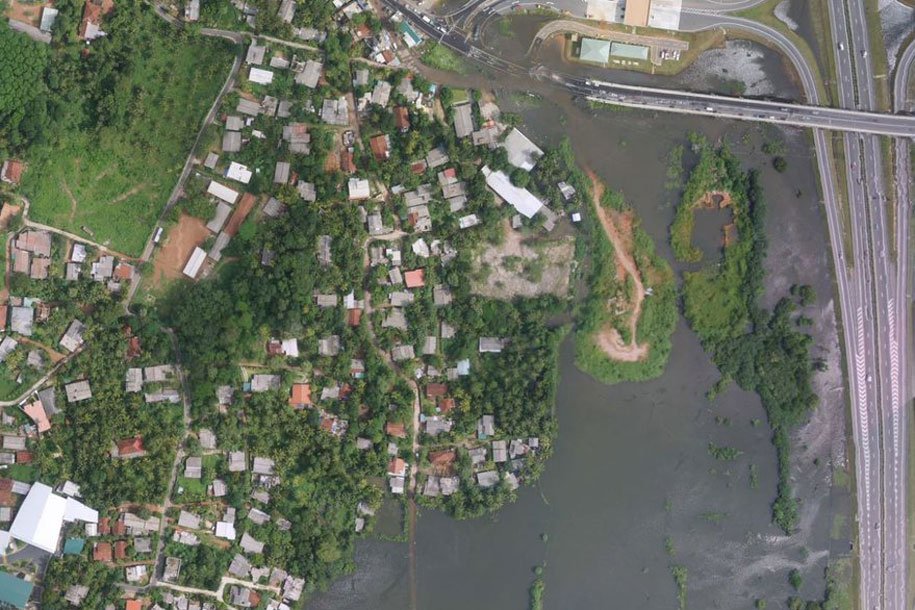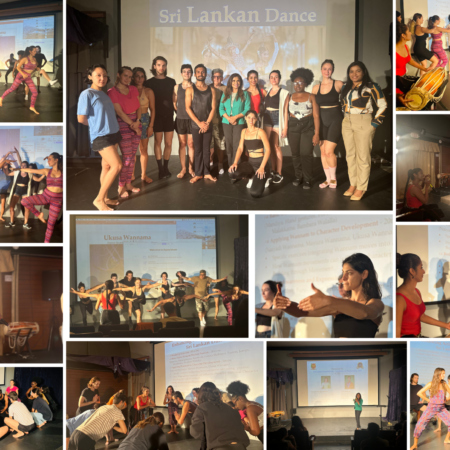The United Nations humanitarian wing has reported that at least 84 people have died, another 116 are missing, and more than 230,000 are displaced following a severe tropical storm this past week that caused widespread flooding and landslides in 22 districts of Sri Lanka.
On 15 May, Sri Lanka was hit by Tropical Storm Roanu, which caused widespread flooding and landslides, destroying homes and submerging entire villages. In addition, a landslide struck Aranayake, Kegalle district, on 17 May, followed by a second landslide in the same area four days later.
In a situation report, the UN Office for the Coordination of Humanitarian Affairs (OCHA) said that as of 22 May, some 237,240 people are displaced from their homes and living in 376 ‘safe locations’, including camps, schools, temples, with host families and in other temporary accommodations.
At least 503 houses are reported to have been destroyed, with a further 3,793 partially damaged, although the extent of damage is likely to be higher, OCHA said.
The majority of the displaced people are in Colombo and Gampaha districts, in the south-west of the country, where floodwaters still remain high. Landslide warnings remain in place in nine areas of the country.
As a result of heavy rains, several major reservoirs overflowed and flood gates were fully opened to avoid a dam breach, causing flooding downstream. Areas downstream of two large rivers to the north and south of the capital city, Colombo – the Kelani River and the Kalu River – remain flooded, with the possibility of further floodwaters flowing from upstream areas should heavy rains persist, OCHA said.
It is expected to take several days for floodwaters to recede and, in some areas, water levels remain as high as the roofs of people’s houses, with access only possible by boat or by air.
“Many of the affected population, particularly in the rural areas, were already amongst the most vulnerable in the country and have now lost everything, including their homes, possessions, agricultural land and means of making a living,” the report said.
In the urban areas of the affected districts, there are growing health concerns related to the quantity of so much standing water in highly populated areas and the destruction of much of the water and sanitation infrastructure, which could lead to serious public health issues, according to OCHA.
While Tropical Storm Roanu has now passed over Sri Lanka, the Department of Meteorology predicts more rain over the island in the coming days as normal south-west monsoonal rains settle in. This could cause additional flooding and landslides in many of the same areas that are still waterlogged, with those who have lost their homes and who are living in temporary shelters the most vulnerable to the potential impacts, OCHA stressed.
The Government of Sri Lanka is leading the response to the floods, and UN agencies and non-governmental organizations are providing assistance. Priority needs are for water, sanitation and hygiene; health; shelter; and food assistance, OCHA said.






















